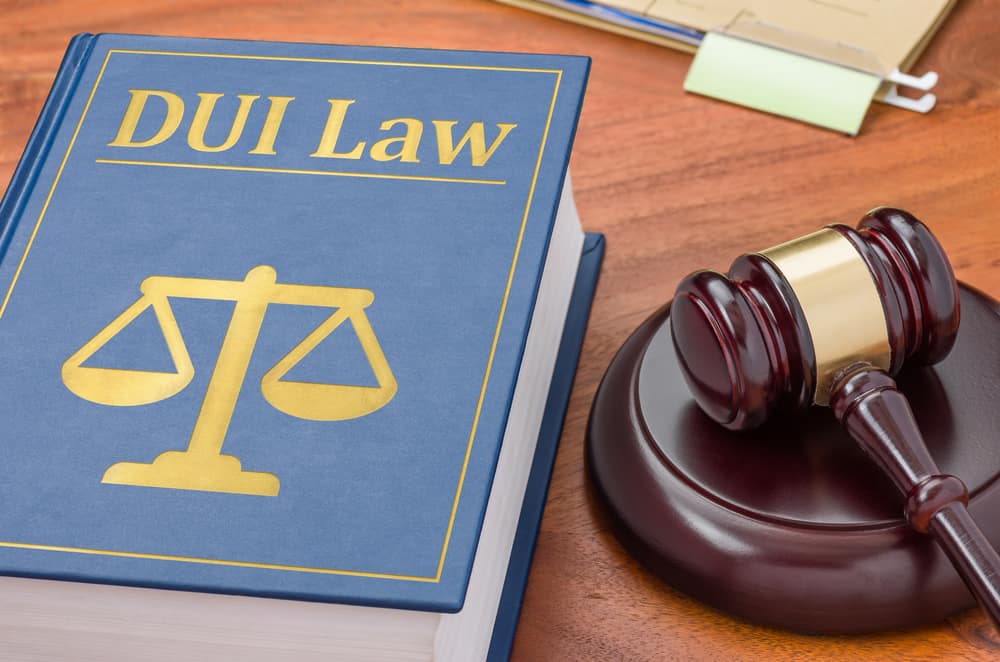More than 10 years have passed since an 11-yo girl Leandra Rosado died in a terrible car accident involving a drunk driver. This tragedy did not pass unnoticed and on November 18 2009 NY Governor David Peterson has signed the famous Leandra`s Law, which has automatically turned drunk driving with a child under 15-yo in a vehicle into a Class E Felony. Except for a four-year prison sentence and a fine of $1000-$5000, the law provided for mandatory installation of an ignition interlock device into a vehicle for a term of at least 6 months. Since August 15, 2010, this device becomes mandatory for any person sentenced for Driving While Intoxicated (DWI) in the New York state. Moreover, the “ignition interlock” restriction is to appear on his or her driver’s license. The common legal term DUI (Driving Under Influence) is modified and divided into two separate terms in NY. Those are DWI (Driving While Intoxicated) and DWAI (Driving While Ability Impaired). The difference between them is quite simple, but crucial from the point of existing legislation.
- DWI – means that a driver has been intoxicated with substances that are legal at the state at the moment of a felony (alcohol content of at least 0.08 percent)
- DWAI – foresees driving under the influence of illegal drugs (including prescribed ones)
That might have been considered as a serious step towards increased penalties for drunk driving in the state of New York, but penalties have remained the same. The division of DUI term into 2 separate sub-terms resulted in one more bureaucratic loophole. Anyway, even though Leandra`s Law and the mandatory installation of an ignition interlock have turned NY into one of the most intolerant states towards drunk drivers, the statistics show that nowadays it remains one of the biggest problems in the region. Moreover, the data shows that DUI causes more deaths and property losses than near ant other COD (cause of death) in America.
The Ignition Interlock Bill
In 2019 an attempt was made to moderate the DUI regulation in the NY state. Bill #AO7494A sponsored by Carrie Woerner and 13 more lawmakers, was introduced on July 5, 2019. It is aimed to amend the traffic, penal, and criminal procedure law concerning the ignition interlock program. In other words, the Bill proposes an early probation release for those who comply with all ignition requirements. However, according to the bill, the ignition interlock device is to be installed in the vehicle, most frequently used by the convicted driver, for at least 12 months (or more) since the moment that the driver’s license has been restored. At the same time, there are 7 paragraphs in the document, which foresee actions that are considered to be violations of the probation release terms. It is important to point out that those violations include technical conditions, like driving a vehicle with a defective ignition interlock device, but also violations connected with repeated driving under influence. And those for their part include both drunk driving and driving under the influence of illegal drugs and substances. Generally, the bill might be aimed to finalize the exclusive DUI regulations for a New York state that have divided the two different influenced driving conditions on the paper but still failed to execute the difference de facto.
However, despite being relevant and even vital, the bill is being stalled. It has been first introduced in July 2019 and stood still until August 1, 2020. The runarounds that this kind of bill does not look that vital, when the country is facing more severe issues, crash into bitter statistics of DUI felonies that have not reduced even during the Pandemic.
We may continuously speculate on the reasons for such stalling, but it is quite obvious that traffic and criminal procedure laws have much more underwater stones that anyone could imagine. The main reason might lie in the extensive shadiness of regulations towards drug use in the state and the definition of illegal drugs themselves. Remembering the fact that the vote on the famous MORE Act is supposed to take place on September 21, 2020, the NY DUI bill might get some execution clarity and get off the shelf in the nearest future.



